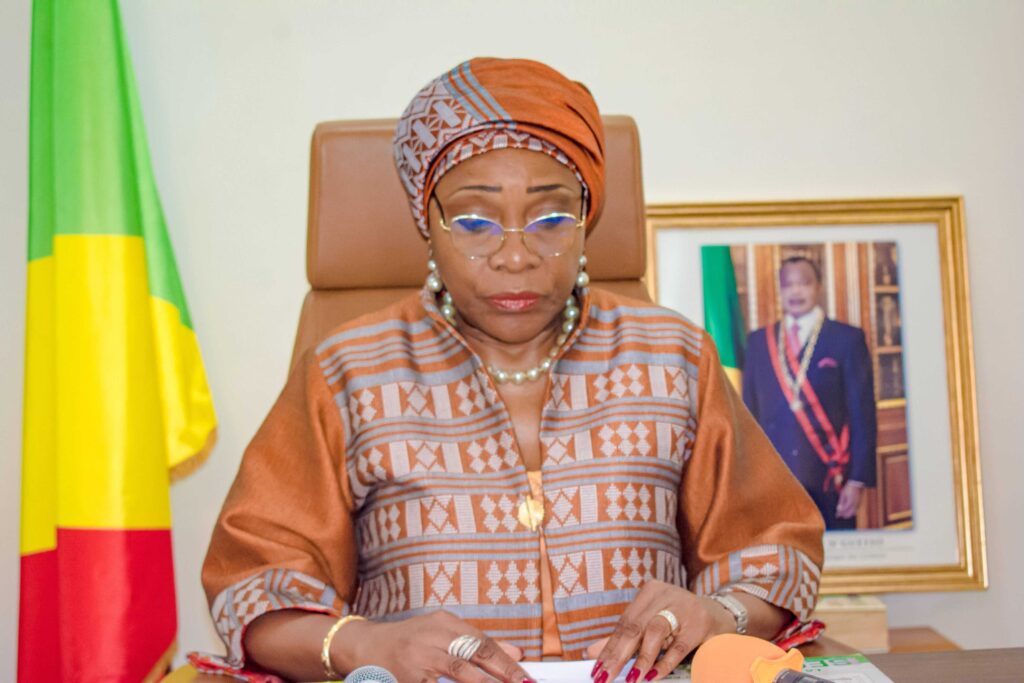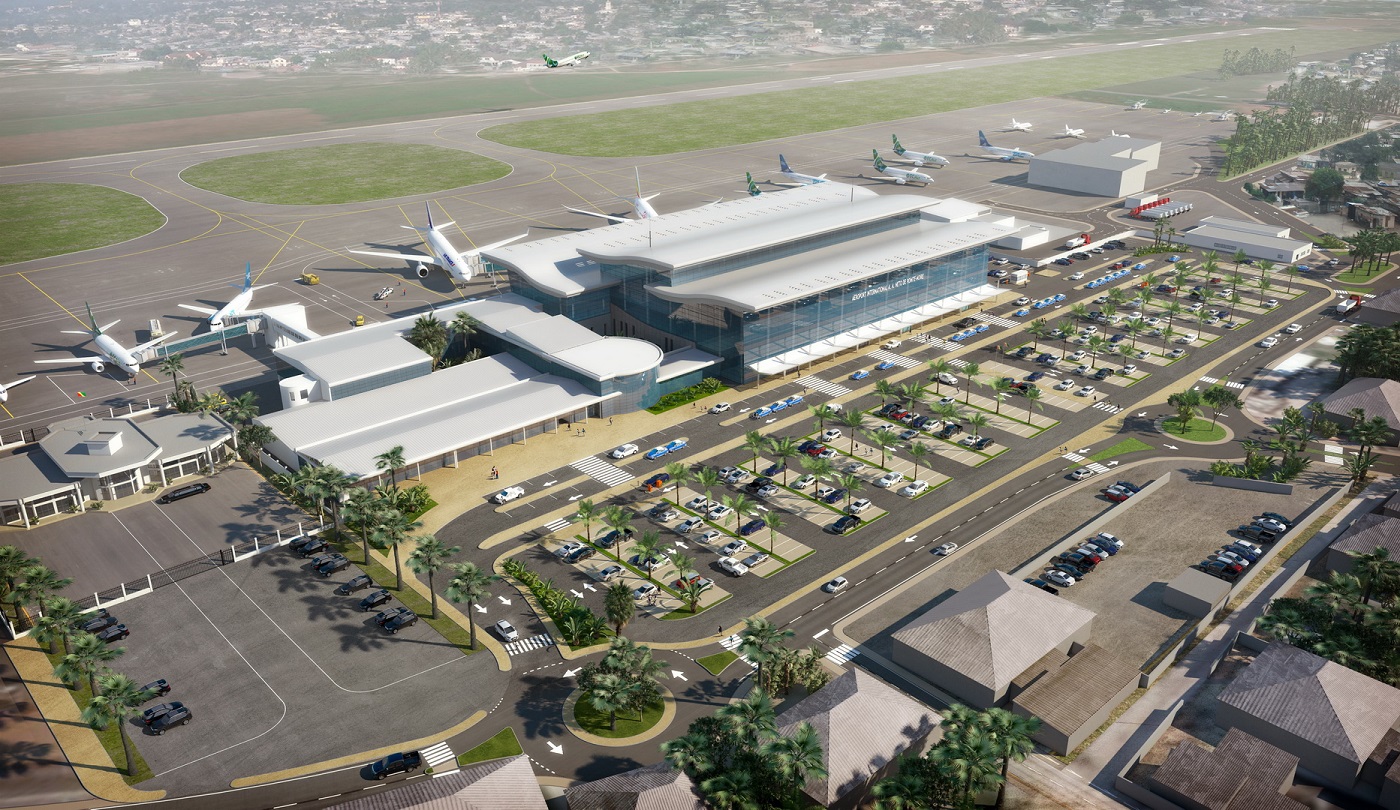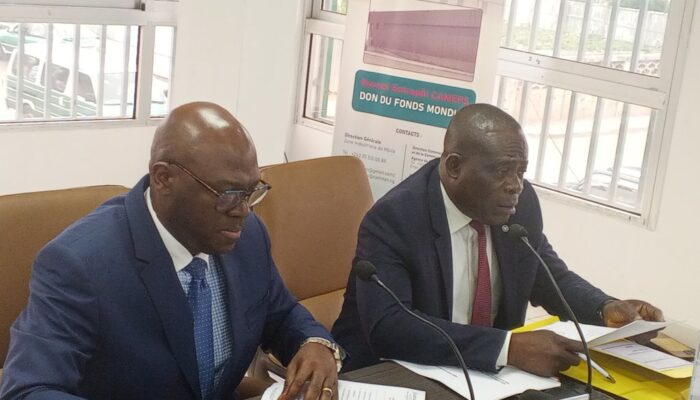In a statement made on November 13 in Brazzaville, on the occasion of the 26th Yamoussoukro Decision Day on the liberalization of access to air transport markets in Africa, the Minister of Transport, Civil Aviation and Merchant Marine, Ingrid Olga Ghislaine Ebouka-Babackas, urged Congolese aircraft operators to embrace the policy of promoting national air transport and to play their full role in the implementation of the Single African Air Transport Market (SAATM), to make Congo a major player in African skies.
Placed under the theme: “Development of intra-African air routes – Capitalizing on the benefits of the MUTAA”, this celebration recalled that the Yamoussoukro decision, adopted in 2000 and realized in 2018 by the single market for air transport in Africa, constitutes an essential lever to boost trade, strengthen connectivity and support the economic growth of the continent.

Mutaa has recorded an increase in the penetration of intra-African 5th freedom routes, rising from 15% in 2019 to 23% in 2024. The Minister in charge of Transport recalled the progress made since 2018, particularly the creation of 108 new intra-African routes, including 19 5th freedom routes, with a target of 30% penetration by 2027.
“These results underline the importance of continuing investments in the development of air routes, a true engine of liberalization,” said Ingrid Olga Ghislaine Ebouka-Babackas, highlighting the increased role of air transport in promoting intra-African trade, tourism and investment.
The Minister of Transport, Civil Aviation, and Merchant Marine emphasized the flagship project of the African Union’s (AU) Agenda 2063, which promotes competition, lower fares, improved service quality, and enhanced connectivity across the continent. She reiterated President Denis Sassou N’Guesso’s commitment to modernizing airport infrastructure and strengthening air service to Congo.
It should be noted that under the African Union Air Transport Market (AUTAM), eligible African airlines will be able to operate routes based on their own economic considerations and without any restrictions. In the immediate future, member countries are urged to amend their existing bilateral air service agreements with other African countries to align them with key principles, including the liberalization of transport rights, capacity, frequency, and fare policies. Ultimately, the intra-African aviation market will operate without bilateral air service agreements and will be governed by a single set of rules.
Furthermore, the signatory countries of the Mutaa include Benin, Botswana, Burkina Faso, Cape Verde, Chad, Central African Republic, Republic of the Congo, Ivory Coast, Egypt, Ethiopia, Gabon, Ghana, Guinea, Kenya, Liberia, Mali, Mozambique, Niger, Nigeria, Rwanda, Sierra Leone, South Africa, Swaziland, Togo and Zimbabwe.






